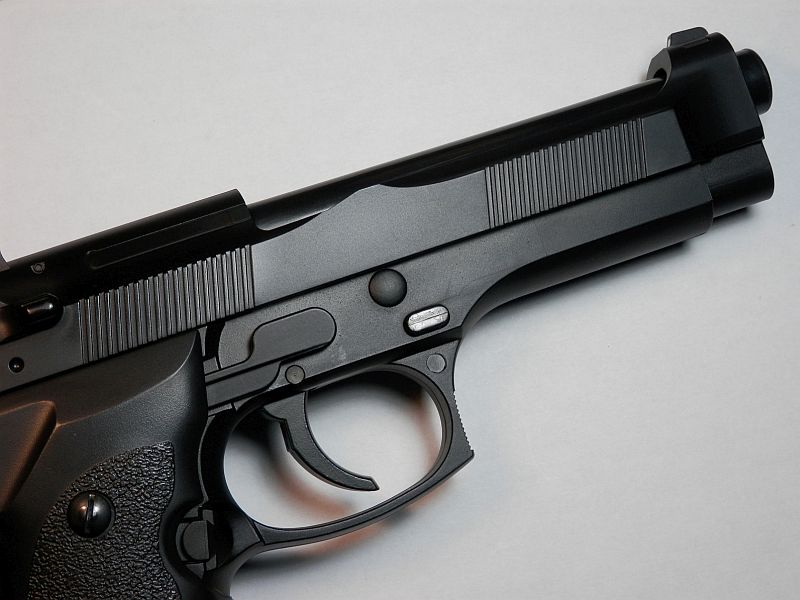Gunshot Survival Carries a High Price Tag

WEDNESDAY, Jan. 23, 2019 (HealthDay News) -- Hospital readmissions of patients with gunshot wounds cost at least $86 million a year in the United States, a new study finds.
"So often, gun injuries are talked about in terms of mortality, as one-time events for medical care," said study author Sarabeth Spitzer, a fourth-year student at Stanford University School of Medicine.
"What tends to be forgotten are the long-term effects these injuries have on the people who survive and the monetary costs to the health care system," Spitzer said in a university news release.
To estimate the cost to taxpayers, private insurers and uninsured families, the researchers analyzed six years of national data (2010 to 2015) on shooting victims. They found that 93 percent of those admitted to the hospital -- 155,574 -- survived. Of those, almost 16 percent were readmitted one or more times within six months, resulting in more than 33,000 readmissions.
More than half of the readmissions occurred within 30 days after the initial discharge.
Readmissions within six months cost taxpayers, private insurers and uninsured families an average of $86 million a year, according to the study.
Also during the study period:
- The annual cost of hospitalizations for gun injuries averaged $911 million, with the government paying 45 percent through Medicaid, Medicare and other public insurance programs.
- Of a total $5.47 billion in costs, Medicaid paid $2.1 billion and Medicare paid $389 million. Private insurance and self-paying patients each accounted for about $1.1 billion, while other payers covered the remainder.
- On average, the total cost of inpatient hospital care for someone with a gunshot wound was $32,700. Readmission accounted for 9.5 percent of that amount.
"We end up as a society paying a huge amount for these injuries," Spitzer said. "These numbers draw attention to the fact there are consequences we all face when people are injured by guns."
The study doesn't include the costs of non-inpatient services, such as medications, rehabilitation, long-term care or home health care.
Researchers also found that self-paying patients were the least likely to be readmitted for a firearm injury. This could be because these patients often face full hospital charges they can't afford, Spitzer said.
"We do not necessarily think their injuries are less severe," Spitzer said. "It could be that they don't seek care in circumstances where other patients, who are covered by insurance, would take advantage of that health insurance."
The results were published Jan. 23 in the journal PLoS One.
More information
The Brady Campaign to Prevent Gun Violence has more on gun violence.

The news stories provided in Health News and our Health-E News Newsletter are a service of the nationally syndicated HealthDay® news and information company. Stories refer to national trends and breaking health news, and are not necessarily indicative of or always supported by our facility and providers. This information is provided for informational and educational purposes only, and is not intended to be a substitute for medical advice, diagnosis, or treatment.

